Category: News
-
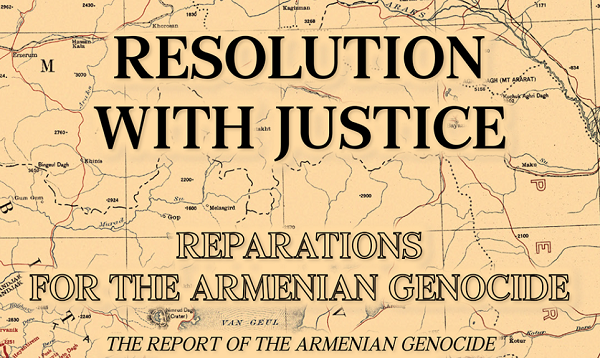
Comprehensive Report on Genocide Reparations Published
Armenian Genocide Reparations Study Group Publishes Final Report (asbarez.com) YEREVAN –The Armenian Genocide Reparations Study Group on Monday issued its final report, entitled “Resolution with Justice—Reparations for the Armenian Genocide,” offering an unprecedented comprehensive analysis of the legal, historical, political, and ethical dimensions of the question of reparations for the Armenian Genocide. In September 2014,…
-
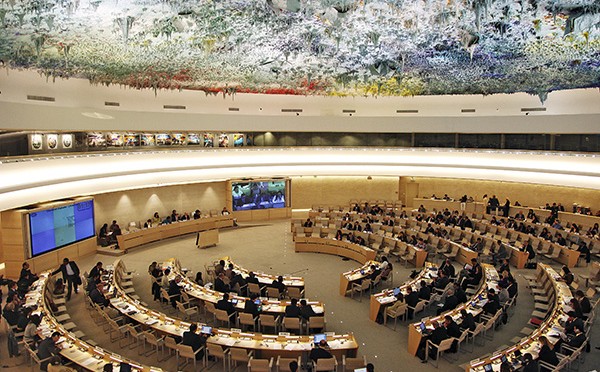
UNHRC Adopts Armenia-Authored Genocide Prevention Resolution
(asbarez.com) GENEVA—The 28th session of the United Nations Human Rights Council (UNHRC) adopted a resolution Friday on the prevention of genocide introduced by Armenia. Armenia’s Foreign Ministry reported that 64 states joined Armenia and became co-authors of the resolution. The resolution will be open for co-authorship for another two weeks. The resolution, adopted in Geneva…
-
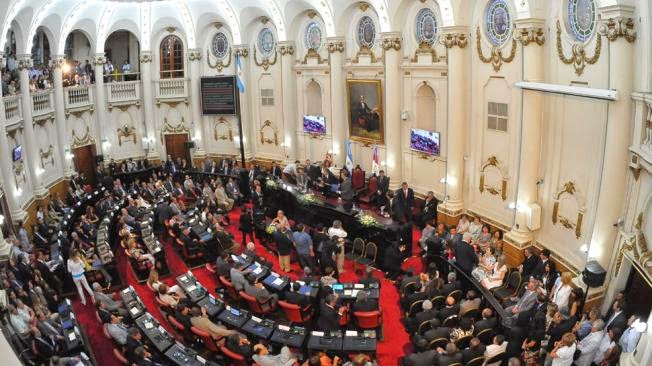
Argentina’s Cordoba and Santa Fe officially recognize April 24th as Day of Remembrance of Victims of the Armenian Genocide
(horizonweekly.com) The parliaments of Cordoba and Santa Fe have unanimously passed bills on proclaiming April 24 th as the Day of Solidarity between Nations and Remembrance of the Victims of the Armenian Genocide. As “Armenpress” reports, citing PrensaArmenia.com.ar, Law 26199 of Cordoba and Law 9585 of Santa Fe (administrative center of the State of Santa…
-
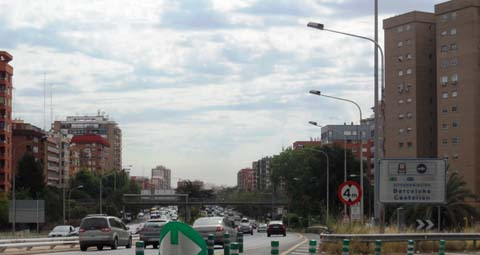
Spanish city of Xirivella recognizes Armenian Genocide
ARMENPRESS – The Spanish city of Xirivella has also joined the Spanish cities officially recognizing the Armenian Genocide. “Armenpress” reports about this citing the official Facebook page of the Ministry of Foreign Affairs of the Republic of Armenia. Previously it was reported that the plenary session of City Council of Pinto (Spain) unanimously officially recognized…
-
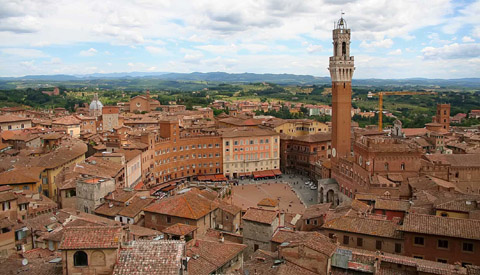
Tuscany Recognizes Armenian Genocide
(horizonweekly.com) On the occasion of the centennial of the Armenian Genocide, the Armenian Community Council of Rome had addressed a letter to all major regional councils of Italy, with a request for adopting resolutions on the Armenian Genocide. The Tuscany region adopted a resolution at Wednesday’s regional parliament session, where it expressed support to the…
-
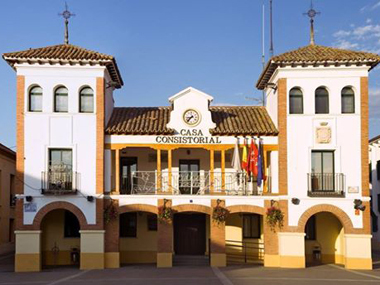
Spain’s Pinto recognizes Armenian Genocide
(panorama.am) Today plenary session of City Council of Pinto (Spain) unanimously officially recognized the Armenian Genocide, the press service of the Armenian Foreign Ministry reports. “Plenary session of Pinto City Council unanimously confirms official recognition of the Armenian Genocide and condemns crimes against humanity committed by the Ottoman Turks. This year marks 100th year of…
-
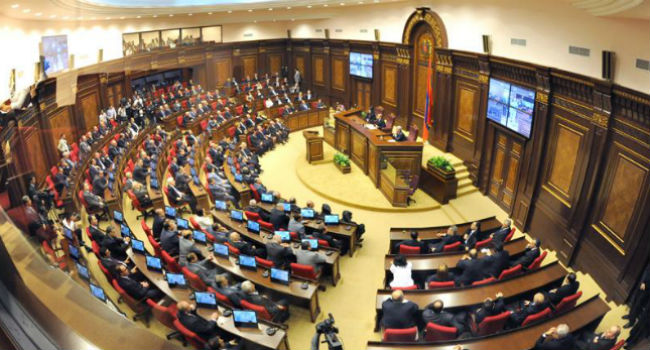
Armenia Officially Recognizes Greek and Assyrian Genocide
(source: Civilnet.am) The Republic of Armenia’s National Assembly unanimously voted to adopt a statement recognizing and condemning the genocide of the Greeks and Assyrians by Ottoman Turkey at the beginning of the 20th Century. A standing ovation by all members of parliament followed the adoption of the statement on March 24. Armenian lawmakers had drafted…
-

Joint text for an Urgent Motion for Resolution by the Armenian and the European Parliament on the Centennial of the Armenian Genocide (Final Version)
Yerevan, Armenia, 17 March, 2015: Today, the fourth ordinary session of the Euronest Parliamentary Assembly adopted a resolution on the Centennial of the Armenian Genocide, calling on Turkey to reconcile with its past, stressing, that genocide denial is the final stage of genocide and that the absences of unequivocal and timely condemnation of the Armenian…
-
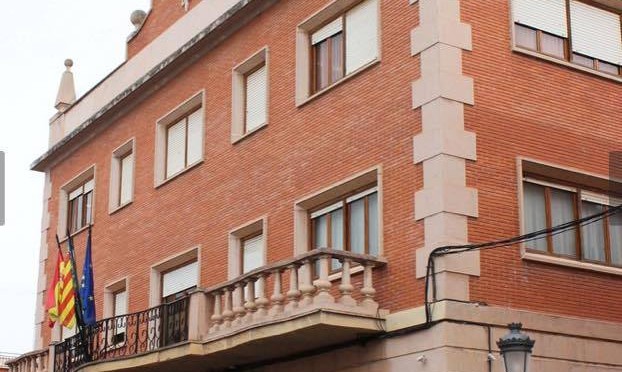
Spain’s Betera Recognizes the Genocide of the Armenians
PanARMENIAN.Net – The plenary council of the City Hall of Betera, Spain, has officially recognized the Armenian Genocide, Armenia’s Foreign Ministry said in a Facebook post, according to Panorama.am. The decision states that massacres and deportations took place in 1915-1921 on the territory of present-day Turkey, particularly under the Young Turks rule, during which 1.5…
-
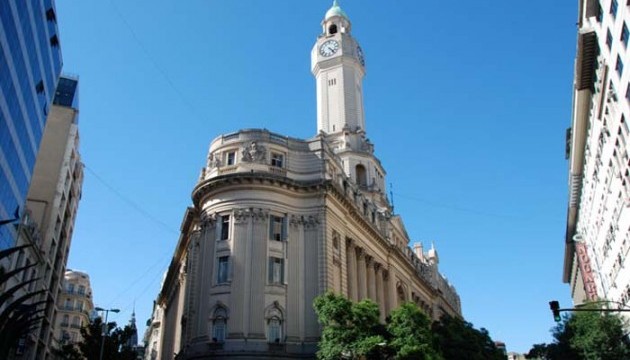
Buenos Aires adopts resolution on Armenian Genocide centennial
ARMENPRESS – The city council of Buenos Aires adopted unanimously a resolution on the centennial of the Armenian Genocide, which says that in the beginning of the previous century a million and a half Armenians were killed in the Ottoman Empire. Armenpress reports, citing PrensaArmenia.com.ar that the resolution states that April 24 is the first…